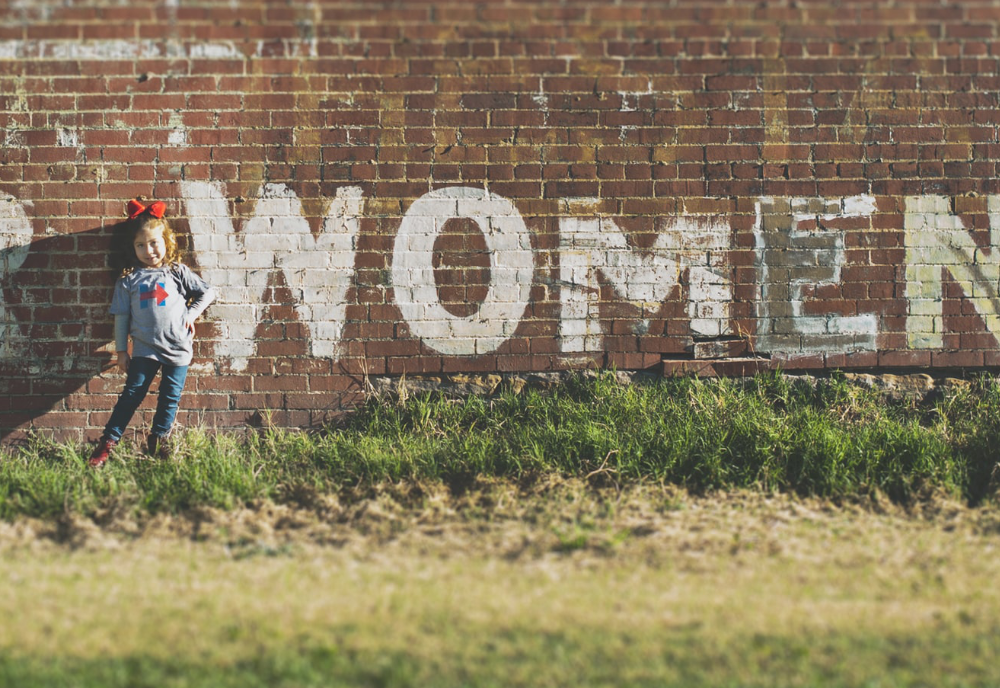One year after activist Chanel Contos’ Instagram poll revealed more than 6,700 testimonies of sexual assault – often at high school parties – education ministers around Australia have unanimously agreed to mandate consent education in schools from 2023.
All Australian schools will be required to teach age-appropriate consent education – which includes coercion, gendered stereotypes and power imbalances – from foundation to year 10.
Currently, one in five women in Australia has experienced some form of sexual violence, with one in four of these being under 18 at the time. Evidence shows preventive education, including information on consent, is a powerful tool in reducing sexual assault.
So, a commitment to mandatory consent education is worth celebrating.
But the details around what schools can teach, what teachers are willing to teach, and what parents are willing to accept, are complex. And an exclusive focus on safety may come at the cost of the enjoyable benefits of human connection.
Young people say consent education now is ‘atrocious’
As part of an ongoing project, we asked teenagers and their parents about their perceptions of school-based sex education, their experiences of online and offline harm, and online pornography.
Adolescents as young as 11 shared personal stories of harmful behaviour, including breaches of consent online, such as receiving unsolicited sexual images, and people re-sharing nude pictures meant for private viewing.
The teenagers who said they’d received consent education felt they hadn’t been given the tools required to instigate or navigate a conversation about consent – nor had they been helped around how to communicate a firm, but respectful “no”.
One teenager said: “The education system needs to catch up, it is light years behind … because to be quite frankly honest, the education we receive (in this area) is atrocious.”
One teen told us about when a friend and his girlfriend’s loving relationship became sexual: “… It wasn’t that it was non-consensual and that she didn’t want it but it wasn’t 100% … but now because there was a minor little check that hasn’t happened, his life’s been completely thrown in the gutter … part of the system failed because she didn’t know how (to communicate a lack of consent) and he didn’t know how to (obtain consent) properly.”
This highlights the fact consent is often a blurry, difficult concept that needs clarification. It illustrates that consent can be revoked at anytime. Another teenager said: “(we’ve) only been taught ‘make sure there’s consent’, not how to check if there actually is consent.”
It’s also often fear-based
Teens in our study have said the fear-based approach to sex education means they are less likely to share their experiences with their parents and caregivers for fear of being punished. Although, we also found teenagers are generally reluctant, embarrassed or otherwise unreceptive to talking about sex with their parents.
Research also shows the “just don’t do it” approach is akin to abstinence education. It increases the risks of teenagers looking to porn for information.
Such an approach overlooks the positives of expressing intimacy in safe spaces and denies young people’s real-world experiences of enjoyable, safe sexual behaviour both online and offline.
Given most parents did not receive consent education themselves, and many experience generational sexual shame that reflects traditional, cultural and religious beliefs, we expected many parents to be resistant to some parts of sexuality education, such as teaching about positive sexual experiences.
But most of the parents we spoke to supported better sex, relationships and consent education at schools. Many also felt they didn’t have the skills to delve into the nuances of consent and relied on schools to supply that information.
‘Consent’ is just the start of good consent education
What constitutes comprehensive relationships and sexuality education has been discussed for many years, but includes consent education.
Experts agree consent education includes more than simply discussions around “no means no”. The conversation should include how to maintain and respect boundaries, managing rejection, and balancing giving consent with aspects of pleasure and desire.
Too great a focus on consent, using a fear-based sex-negative approach (think of phrases like, “Are you sure?” “Are you absolutely certain?”) fails to acknowledge and respect the positive and pleasurable aspects of intimate human relationships.
Clunky approaches to these topics can mean romance, consensual seduction, courtship and trust may suffer, and teenagers will tune out.
Consent education only starts with “consent”. There’s a bigger picture involving sex-positive concepts such as practising empathy, building healthy relationships, communication skills, discussing sex outside the notions of reproduction and managing emotions.
Many said quality sex education depends on the teacher. But the schools that offer consent education generally have no mandatory training for those who teach it.
Making sure important parts of sex ed aren’t skipped over
After a public consultation period in 2021, the Australian Curriculum Assessment reviewed the Australian curriculum, judging it to be overcrowded.
Given this, all the trickier aspects of relationships and sexuality education are more likely to be skipped over or omitted. This is more likely if a teacher feels uncomfortable, rushed, or lacking in appropriate skills and knowledge.
Any curriculum change should be accompanied by an auditing process. Consent education should balance the safety perspective with the positive and realistic aspects of relationships and sex and be included in the curriculum up to year 12. This ideally would include government mandated support and training for teachers, based in sex-positivity.
It’s also important to consider that education around consent, relationships and sexuality doesn’t end at school. There still need to be conversations at home where individual family beliefs and values can be discussed.
Mandatory consent education in Australia is a huge win. But this significant step is just one of the many needed to educate thoughtful, compassionate, caring humans while improving general well-being and reducing widespread discrimination – as well as the risk and incidence of sexual assault.
If you or someone you know has experienced sexual assault, you can call 1800 RESPECT (1800 737 732) or visit Reach Out
Other contributing authors to this article were: Carmen Jacques, Research Officer, Edith Cowan University; Kelly Jaunzems, Researcher, Lecturer, Edith Cowan University; and Lelia Green, Professor of Communications, Edith Cowan University.
This article was originally published on The Conversation. It is republished under Creative Commons.
Photo by Alejandra Quiroz on Unsplash




